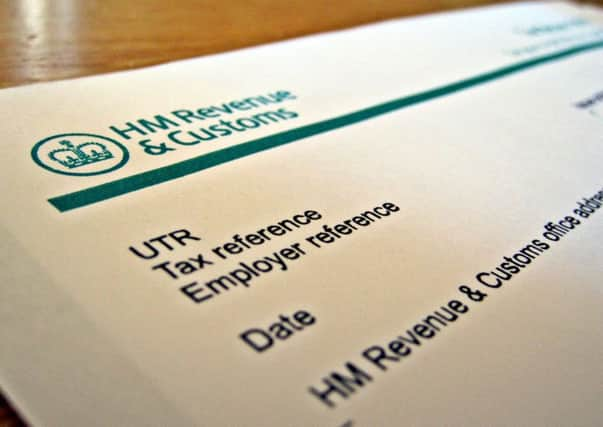Leader: Unspoken truths on tax policy


Few doubt that a Labour government under Jeremy Corbyn will see a significant rise in public spending. And the party leadership has made no secret of its intention to raise taxes on the better-off – those, as the rhetoric has it, “who have the broader shoulders”. But the definition of broad shoulder has been left conveniently undefined while resort to higher borrowing is unlikely to assuage voters after the borrowing and debt burden of recent years that has necessitated such a lengthy period of spending constraint.
Meanwhile, the Conservatives have also been markedly reluctant to be drawn into discussion on tax, having long traded on being the low tax party. While it may claim to have lower spending commitments than Labour this does not automatically mean that taxes will not rise. Chancellor Philip Hammond has made no secret of his desire for greater flexibility and for the party to drop the “tax lock” pledge. But this begs the question of what Conservative tax policy now is.
Advertisement
Hide AdAdvertisement
Hide AdTax policy is especially sensitive at this time given the background of a slowing economy and forecasts of a deepening downturn. Over the weekend there were signs that the election battle – focused till now on the personalities of the respective leaders – is swinging back to more practical, tangible ground.
Both parties have promised not to increase the 20 per cent rate of VAT until 2022 if they win the election. As matters stand, the total tax burden is set to rise to its highest level in 30 years – even were the tax lock to stay in place. The March Budget projected that the tax burden will rise to 37.2 per cent of national income by 2019-20. And with overall government debt approaching 90 per cent of national income, voters deserve more informative answers on future policy than the rhetoric currently on offer.
The likelihood is that continuing low growth for the foreseeable future and a worryingly high level of overall government debt will act as a powerful constraint whoever wins the election: any increase in government spending will have to come from improved productivity. That is not a comfortable message for any party aspiring to be the government. But it is an unavoidable truth whatever the political rhetoric may claim.